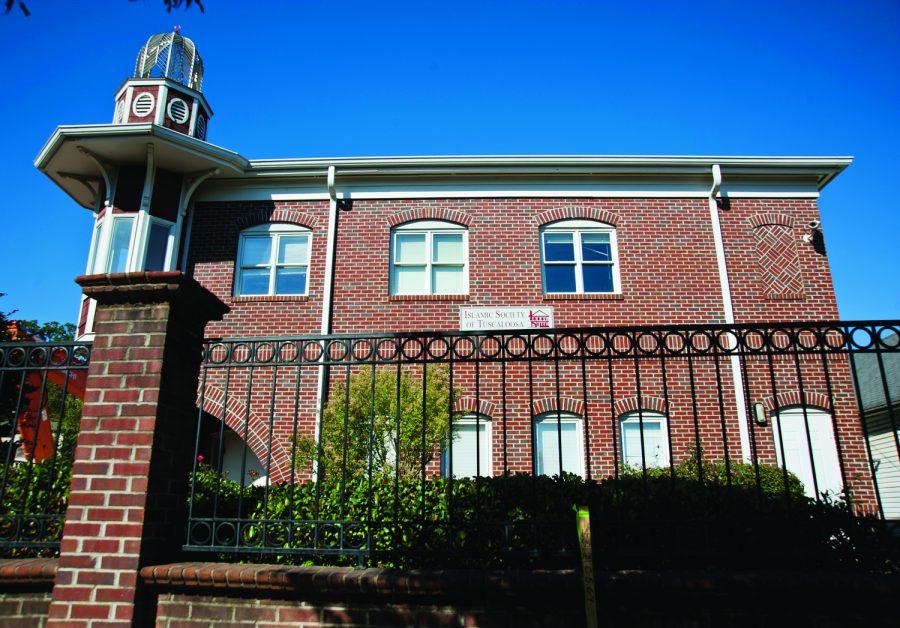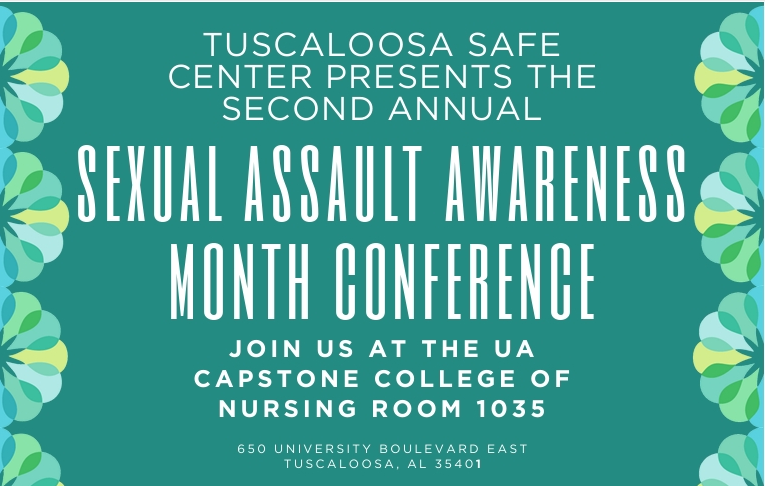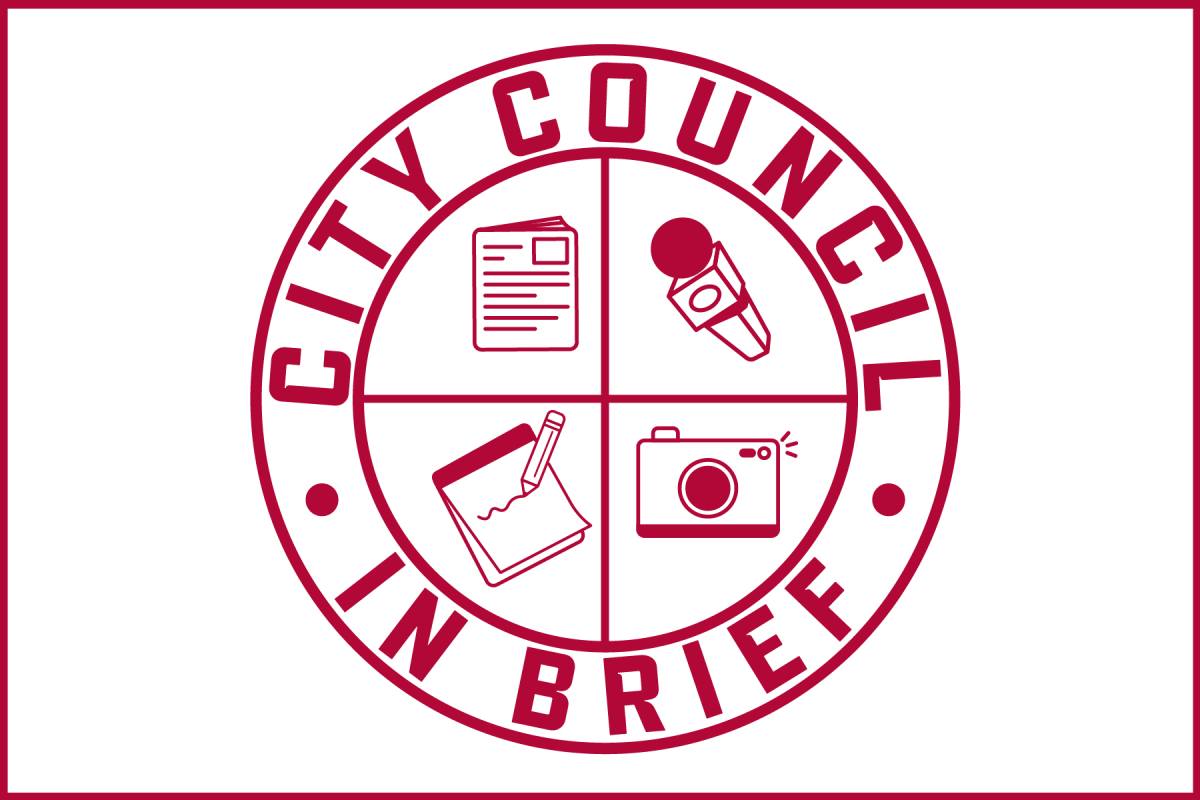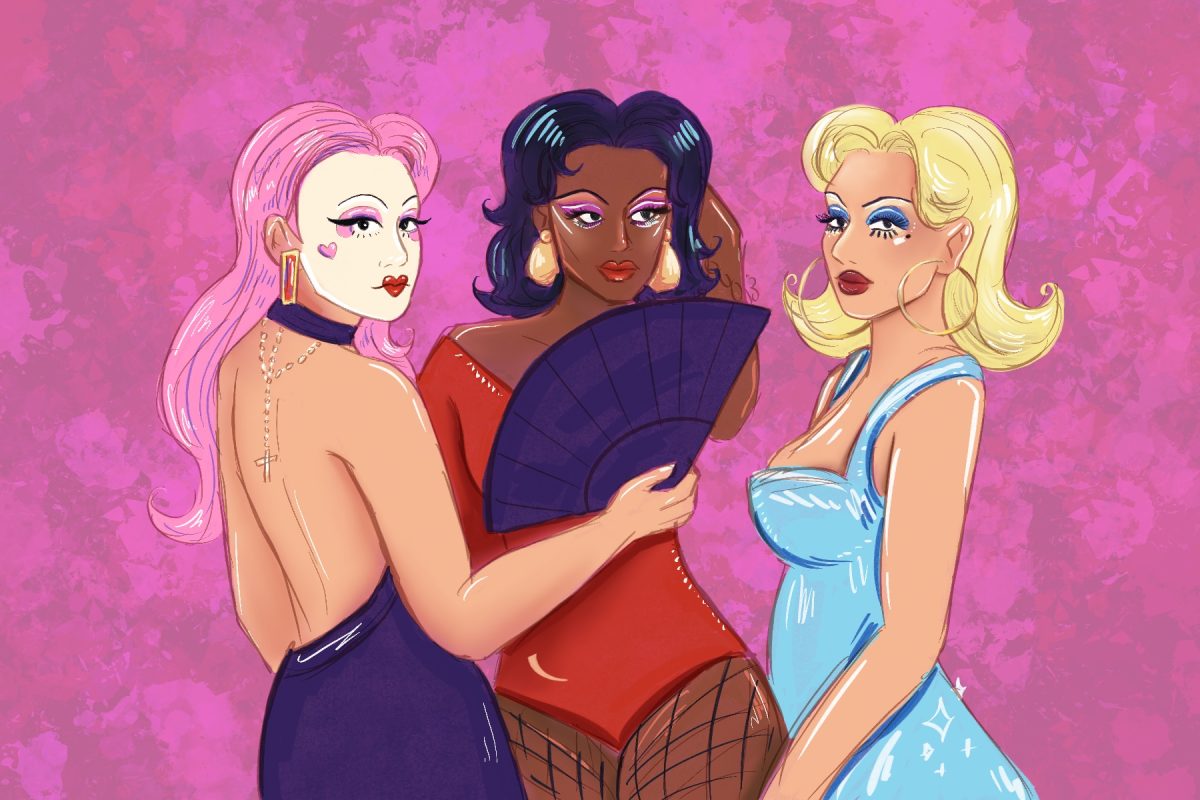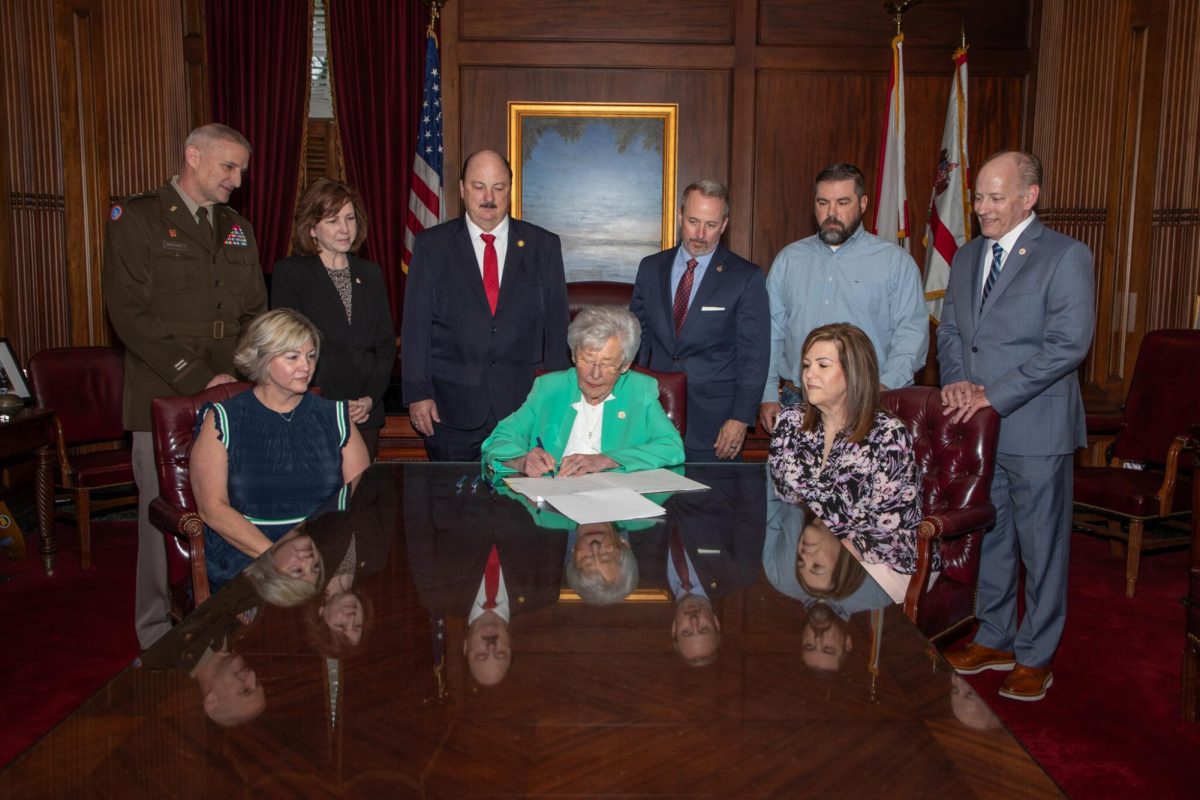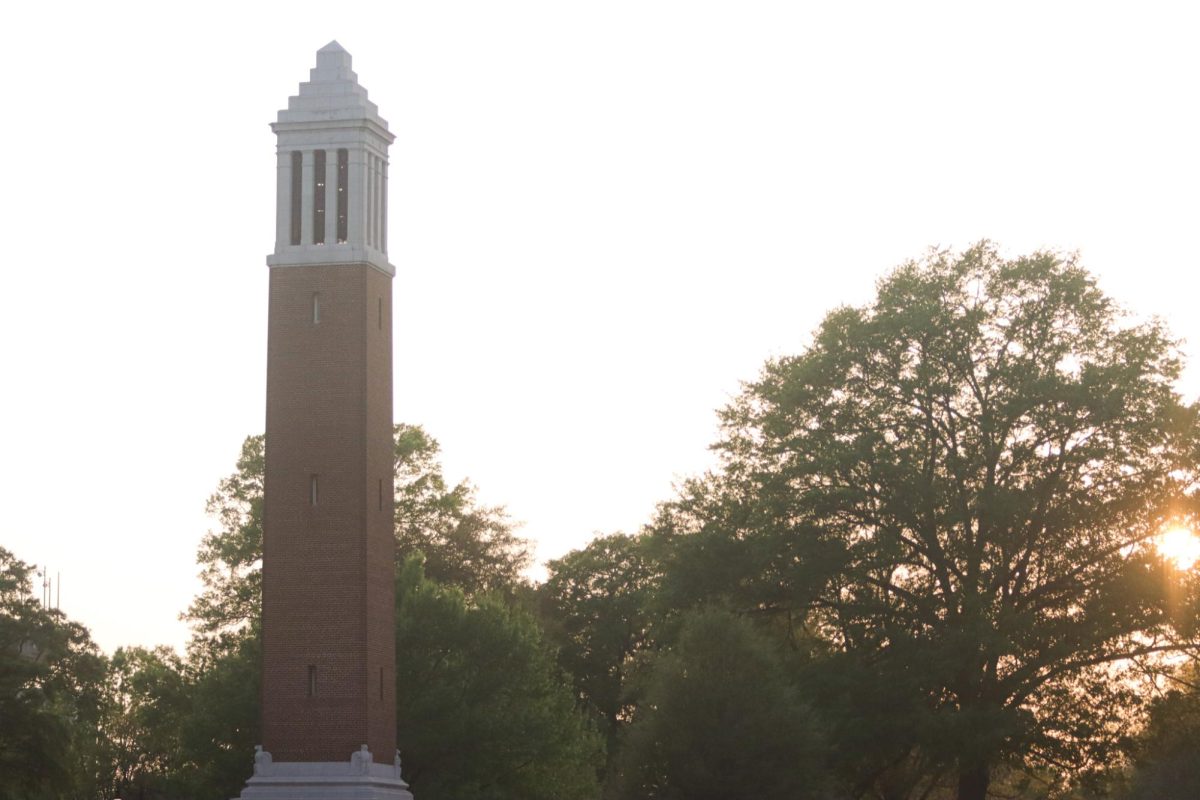When Rashmee Sharif wakes up each day, she begins with a prayer. This is something that she will do four more times before the day’s end.
Sharif, a second-year master of business administration student at the Capstone, is a Muslim and said practicing her faith in Tuscaloosa has never been an issue.
“I don’t feel different,” she said. “I don’t know how other people perceive me, but I am super comfortable here.”
Islam is a monotheistic religion practiced by more than a billion people around the world.
“The fundamental belief of Islam is that there is no God but God,” Sharif said. “There is only one God, and it is the same God of Christianity and of Judaism. Where Islam and Christianity divert is the question of Jesus. Muslims believe that Jesus is a prophet of God, whereas Christians believe Jesus is God in human form. We don’t believe Jesus is God; we don’t worship him, but we love and respect him as a prophet.”
Less than 1 percent of UA students identify themselves as Muslim, Cathy Andreen, director of media relations, said in an emailed statement.
“Only 92 (0.3 percent) UA students identify themselves as Muslim,” Andreen said. “It is important to note that providing information about religious affiliation is voluntary and many students, including the majority of graduate and professional students, do not list a religious preference. The University does not track that religious preference in a way that would show if students are international students or not.”
To identify herself as Muslim, Sharif wears a headscarf.
“I like being identified as a Muslim, but another woman’s reasons [for wearing a headscarf] might be completely different,” Sharif said. “Her reasons for wearing a headscarf are as unique as the woman herself, and then there are some [Muslim] women who choose not to wear the headscarf.”
Hisham Ali, a senior majoring in aerospace engineering and an American Muslim, said although political rhetoric may suggest otherwise, he has yet to perceive any direct discrimination towards his faith.
“Much like any place, there are many people here who do not agree with others’ faiths,” Ali said. “Some are just more vocal than others. I think most of the people I interact with on a daily basis understand that not all of the world’s almost two billion Muslims can be represented by a few extremists.”
Muslims fast during certain times of the year as part of practicing their religion, and Ali said this does not prevent him from being able to fully participate.
“I did have to continue Ramadan Fasting through the summer and [Million Dollar] band camp this year,” Ali said. “It is pretty trying on your body to go from about 7 a.m. to 10 p.m. with no food or water in the Tuscaloosa summer, but I played about four hours of outdoor soccer a week to prepare myself, and made sure I ate a nutritious meal and hydrated during the evening.”
In Tuscaloosa, there is a mosque for Muslim students, as well as other members of the community, looking for a group to practice their faith within weekly services.
“[The Islamic Center] mostly just [offers a place for] the Friday prayers,” Sharif said. “We will have some community activities, and sometimes, we’ll have an open house and invite the entire community to come look, just to kind of demystify the activities. Just anything that any house of worship would do for its members.”
The current structure of the mosque located on Paul Bryant Drive has been around since 1999, Sharif said. Both Arabic and English are spoken in the mosque.
“All the prayers are in Arabic,” Sharif said. “Every single Muslim all over the world does their prayers in Arabic whether or not they speak it.”
Sharif said although she has heard stories of negative experiences, she has never had one herself.
“I have faith in people, and maybe because I’m optimistic, positive things come to me,” Sharif said. “I love it here; I love Tuscaloosa. I’ve lived in Buenos Aires, Canada, and I’ve spent some time in Spain and in Italy, but it’s just the warm fuzziness you get for your hometown. I have a houndstooth headscarf I wear on game days, and I have totally embraced my religion and my identity as someone from Alabama.”



